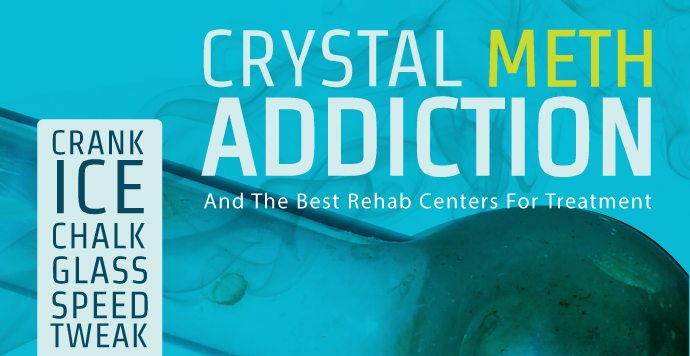Best Christian Rehab For Women Resources and Information Online for White Meadow Lake NJ
Home
Best Christian Rehab For Women Resources and Information Online for White Meadow Lake NJ. You found the top source for total info and resources for Christian Drug Rehab on the Internet.
Do you feel you need the drug in order to function? It is an excellent tourist destination for outdoor recreation.
You are in a hard situation let us help take some of the stress and get you or your loved one the help that is needed. Continue to take a fearless moral inventory of themselves and immediately admit when they are wrong. Marijuana remains the most commonly abused drug in the nation, with nearly 12 percent of the United States population having engaged in marijuana use.
More Details About Christian City Rehab

Even more Details About Christian Anxiety Treatment
This way, they can easily make a program which best suits your requirements and needs. You will receive caring and professional help that will treat both your addiction and your mental illnesses.
Here are Some More Details on Christian Anxiety Treatment
We can help you get verified for one of our treatment programs. List specific examples of your loved one’s behavior that have you worried and urge them to seek help. Because total freedom from drug addiction and alcoholism comes from comprehensive Christian rehabilitation that heals the whole person mentally, spiritually and physically. Their three-fold mission is to advance prevention, recovery, and wellness through healthy lifestyles for individuals, families, and the whole community.
More Information Around Christian City Rehab
People invent new words all the time, but which ones actually make it?Quit drugs for good —– Call 1-888-498-1045 for REAL help with drug addiction. If you or someone you know has a drug abuse problem, an addiction hotline is a good first step towards sobriety.For some, perhaps defining drug addiction seems redundant; an addiction is an addiction, right? To achieve sobriety even after the treatments, we offer continuing care because life after rehab needs emotional support from family and friends and lack of that may easily cause a relapse. Simply enter your number below and one of our addiction counsellors will call you back in a few minutes.For some, perhaps defining drug addiction seems redundant; an addiction is an addiction, right? It can be done on an individual basis, but it's more common to find it in a group setting and can include crisis counseling, weekly or daily counseling, and drop-in counseling supports. Relapse prevention[edit] An influential cognitive-behavioral approach to addiction recovery and therapy has been Alan Marlatt's (1985) Relapse Prevention approach.[34] Marlatt describes four psychosocial processes relevant to the addiction and relapse processes: self-efficacy, outcome expectancies, attributions of causality, and decision-making processes. Are they mixing within a different social circle and pulled away from long term friends?
Click Here for More Information
Previous Next
You may also like:
Best Christian Drug And Alcohol Treatment Centers Resources and Information Online for Pinole CA
Best Bible Based Recovery Programs Resources and Information Online for Indian Trail NC
Best Christian Drug Rehab Ministries Resources and Information Online for Morgan Hill CA